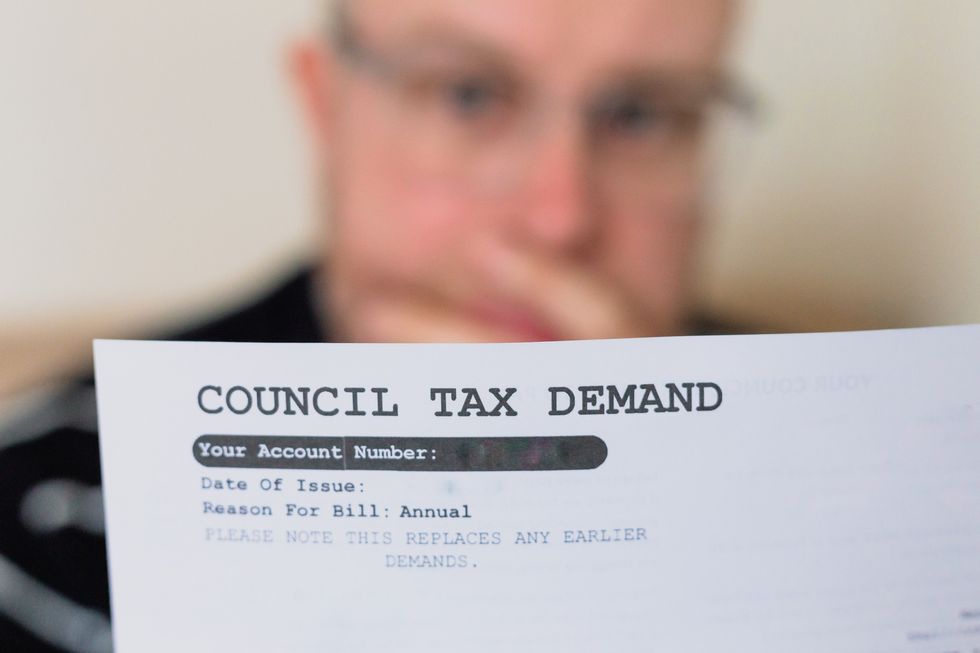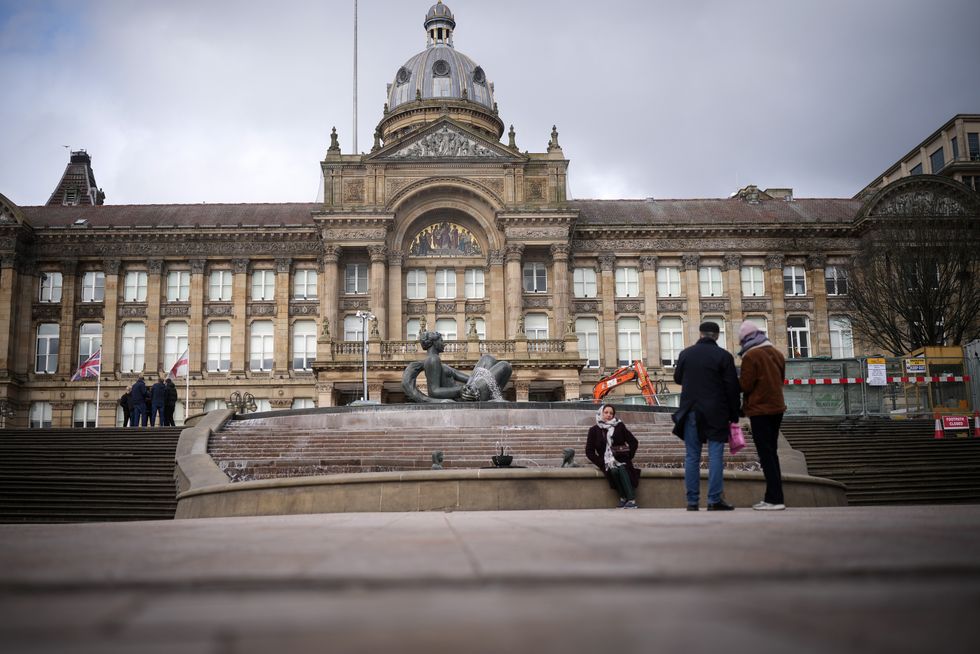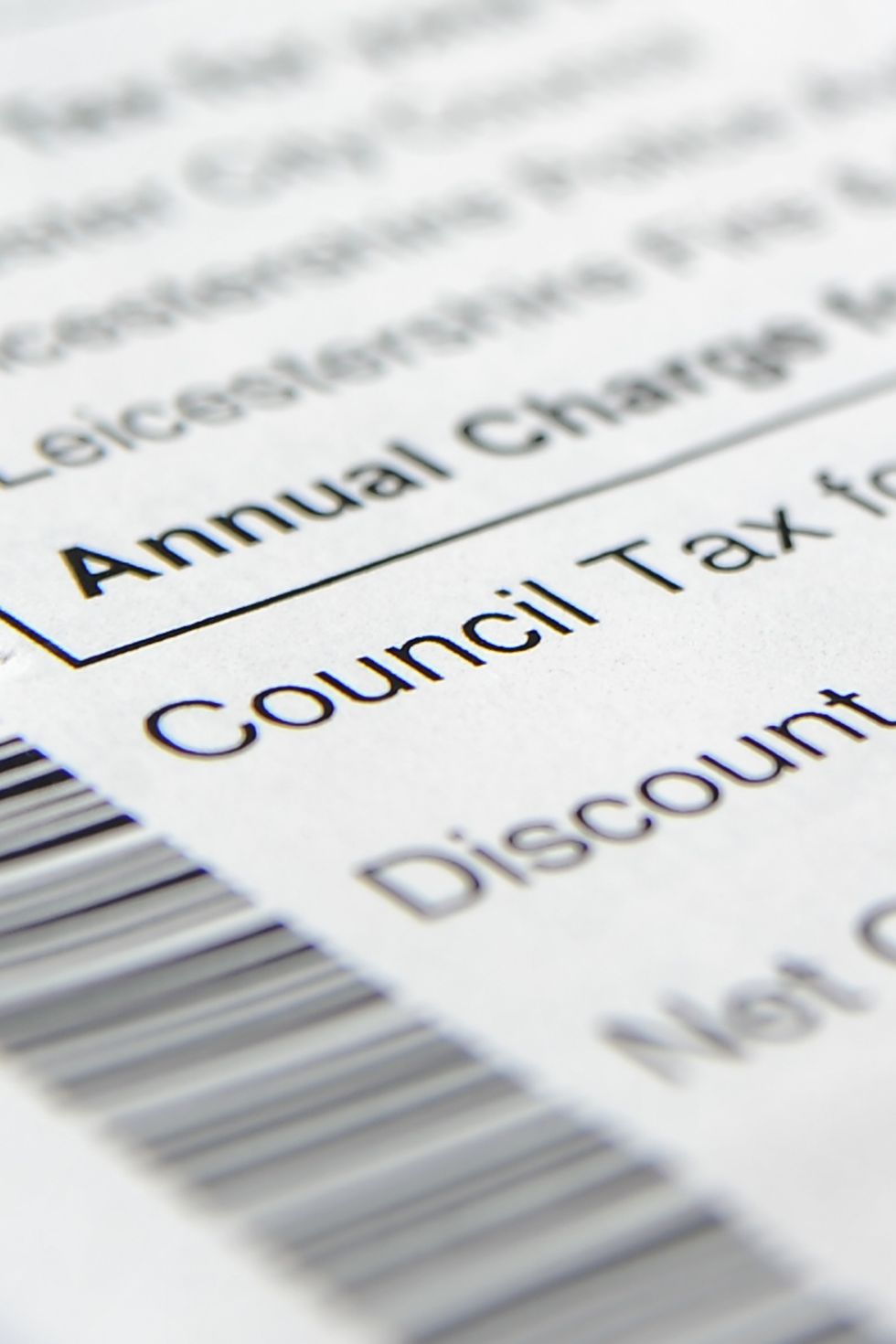Labour councils chasing almost twice as much unpaid tax as Tory-led authorities trying to fill £2.5bn black hole
Labour councils are pursuing almost twice as much unpaid council tax as Conservative-led authorities, new data has revealed.
Analysis shows councils are chasing a total of £4.4bn in unpaid taxes, with Labour-controlled authorities accounting for more than £2.5bn compared to £673m owed to Conservative councils.
While Labour controls more councils – 155 compared to the Conservatives’ 81 – Labour-led authorities are pursuing 1.7 times more council tax on average than their Tory counterparts.
The figures also show Labour councils have 2.4 times more accounts in arrears than Conservative-run authorities.

The data emerges as local authorities prepare for council tax increases of up to five per cent in 2025, equivalent to £109 for a Band D property.
Labour-run Liverpool City Council tops the list of authorities with unpaid tax, owing £362m in arrears as of April.
Birmingham City Council, also under Labour control, follows with £194m in council tax arrears.
In Birmingham, three accounts each owe more than £450,000 across multiple properties, with one single account owing £642,000 in council tax.
MORE LIKE THIS:
- End scandal of £1 in every £4 of local council tax cash going to staff pensions – Kelvin MacKenzie
- Quarter of council tax raised is spent on ‘unjustifiably generous’ staff pensions
- Millions missing out on up to 100% off council tax bills as UK debt orders hit over 5,000 per day

The debt situation has forced Birmingham City Council, which declared bankruptcy in 2023, to deploy 58,000 bailiffs to recover unpaid tax last year – up from 13,000 the previous year.
Among the top 10 local authorities with the highest council tax arrears, only one – Hillingdon – is Conservative-controlled, pursuing £114m across 17,000 accounts.
Darwin Friend, head of research at the TaxPayers Alliance, said: “It is unacceptable that in many places additional strain is being placed on the taxpayers who pay their bills by those who prefer to skive their responsibility.”
“Instead of simply hiking council tax, many local authorities should be focusing on improving collection rates and cracking down on those who are unwilling to pay,” he added.
The Government faced criticism for approving council tax rises at around three times the rate of inflation.
The increases mean the average household will pay an extra £100 from April.

More than four million accounts are currently in arrears, with unpaid council tax averaging £1,000 per account.
A spokesperson for the Local Government Association defended councils’ collection efforts, noting they collect an average of 96 per cent of council tax within a year.
“Councils have a duty to their residents to collect taxes so that important services are not affected,” the spokesperson said.
They added that councils recognise the financial challenges facing households and aim to maintain fair collection policies.
The Ministry of Housing, Communities and Local Government reported that the collection rate remains high at 95.9 per cent for 2023-24.
The spokesperson highlighted that high numbers of people are claiming council tax support, warning that without adequate funding, bills will likely continue to rise for those least able to pay.

